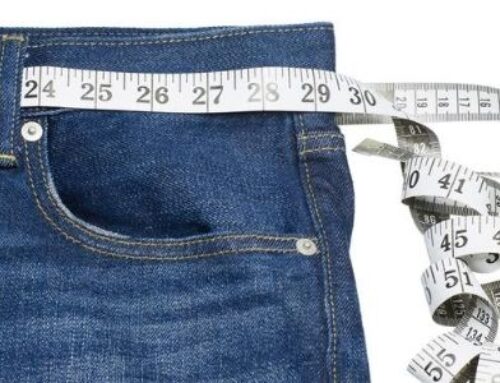
“Are fibre supplements necessary for good gut health?”
With the recent surge in research confirming the importance of overall good gut health, I commonly get asked whether a fibre supplement is needed.
The benefits of fibre or dietary fibre (interchangeable terms) seem endless. Fibre is more than just a preventative measure for constipation, it has been shown to lower cholesterol, stabilise blood glucose levels and even support long term weight loss. But are you consistently consuming enough fibre to reap the benefits?
According to the guidelines, it is recommended the average healthy Australian adult needs to consume 25-30g of fibre per day. The best way to ensure you are eating enough fibre is to fill your day with a wide range of whole foods, including:
- 2x serves of fruit per day
- 5x serves of vegetables per day
- good quality carbohydrates
- nuts and seeds
But what does this look like in the day? An example day may look like:
Breakfast:
1 cup Kellogg’s Sultana Bran (7g)
250ml skim milk (0g)
Morning Tea:
200g Greek yoghurt (0g)
100g blueberries (2g)
Lunch:
2 slices soy and linseed bread (5g)
50g reduced fat cheese (0g)
50g 97% fat free ham (0g)
1 cup spinach (4g)
Afternoon Tea:
1 sliced apple (5g)
1 tbsp peanut butter (3g)
Dinner:
120g Grilled chicken (0g)
1 medium roast potato (3g)
1 cup mixed salad (1g)
Total: 30g
To supplement or not to supplement?
Option A:
If you feel that your diet is rich in whole foods and you are meeting your fibre requirements, extra supplementation isn’t needed. But wouldn’t the extra fibre be better for my gut? Well, no, because you can have too much fibre. Trust me you will know! Consuming too much fibre can cause:
- diarrhoea
- bloating
- flatulence (or wind)
- a sense of urgency for a bowel movement
Option B:
But, if you are reading this and thinking to yourself, ‘Ooo, I don’t really eat a lot of these foods and don’t think I would meet the 25-30g per day’, don’t stress! Before you start to frantically think about what fibre supplement you need, take a second to consider a few simple food swaps that will instantly increase your fibre. For example, swapping:
- Rice crackers to wholegrain crackers (like Vitawheats or Ryvita)
- White toast with jam to wholegrain toast with peanut butter
- 1 glass of fruit juice to 1 piece of fresh fruit
- White rice to brown rice at dinner time
- Switch to a high fibre breakfast cereal each day
- By swapping croutons in a salad to chick peas
- Add 1/2 plate of vegetables to your dinner
By making simple food swaps in your day and increasing fibre through whole foods rather than via a supplement, you:
- Automatically improve your overall diet quality by choosing healthier foods.
- Receive extra benefits that go hand in hand with whole foods including consuming a wide range of vitamins, minerals and antioxidants.
Option C:
You have consulted with your GP or friendly dietitian and supplementation is recommended due to various health considerations.
So how do you start deciphering which of the number of fibre supplements available you should use? Here is a simple guide to fibre supplements:
- Psyllium based (eg. Metamucil) are made from the husks of the plantago ovata plant and they approximately contain 70% soluble fibre. Because psyllium is made from predominately soluble fibre, these supplements draw water into the stool making stool softer and easier to pass.
- Inulin based (eg. Fibresure) are usually made by soaking chicory roots. Because inulin is a prebiotic, these supplements help support the good bacteria in the gut.
- Wheat dextrin based supplements (e.g Benefiber) are usually made from treating the starch in wheat seeds with acids and enzymes. Because wheat dextrin is made from soluble fibre, it easily dissolves in water helping stool past through quickly.
If you’d like further help with your nutrition please click below:
Lambeau, K. V., & McRorie, J. W. (2017). Fiber supplements and clinically proven health benefits: How to recognize and recommend an effective fiber therapy. Journal of the American Association of Nurse Practitioners, 29(4), 216–223. https://doi.org/10.1002/2327-6924.12447
McRorie, J. W. (2015). Evidence-Based Approach to Fiber Supplements and Clinically Meaningful Health Benefits, Part 1: What to Look for and How to Recommend an Effective Fiber Therapy. Nutrition Today, 50(2), 82–89. https://doi.org/10.1097/NT.000000000000008





